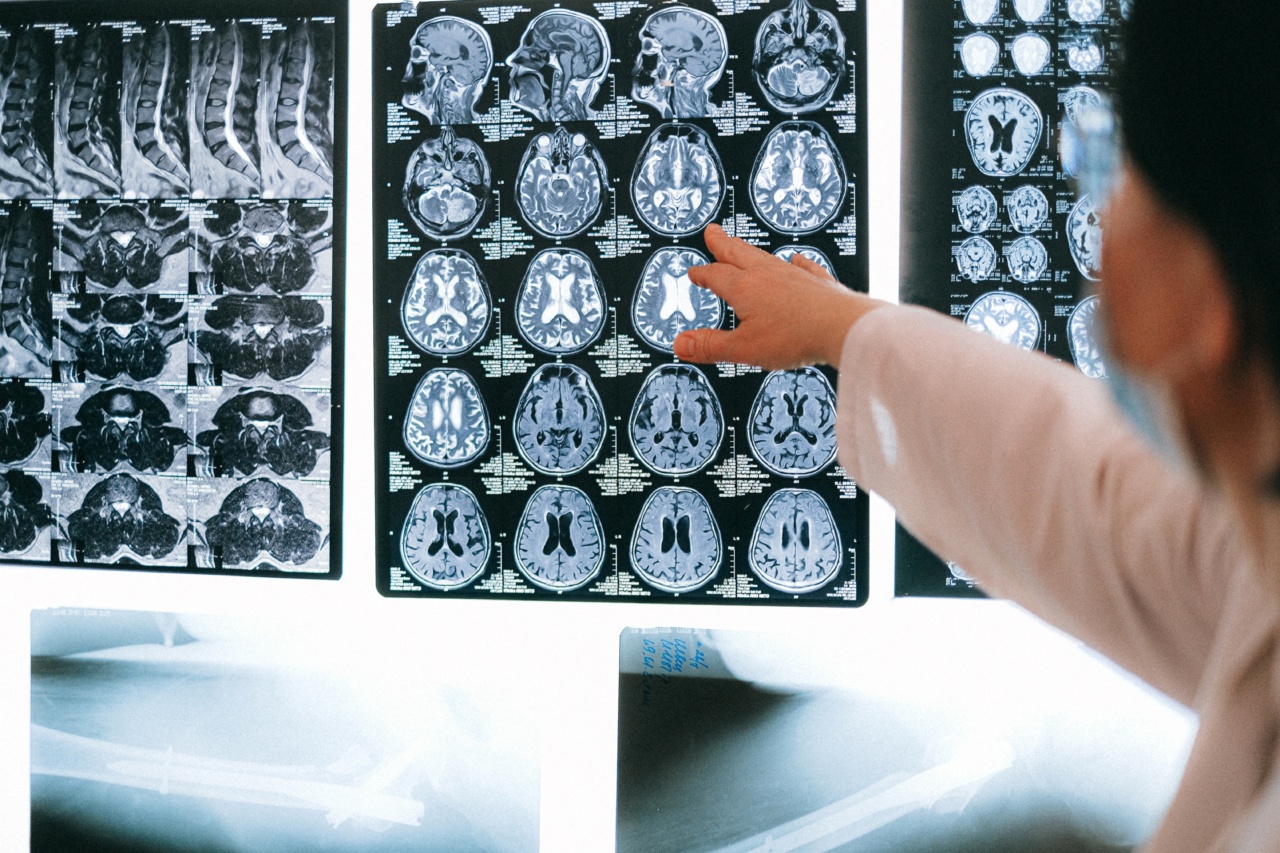Shaky hands, also known as tremors, may be a symptom of several medical conditions, including but not limited to Parkinson’s disease. It’s important to note that not all tremors are Parkinson’s tremors.
In this article, we will discuss the different types of tremors and their associated conditions.
Essential Tremor
Essential tremor is the most common cause of tremors. It affects approximately 4% of the population, most often those over the age of 65. The tremors predominantly occur in the hands, but can also affect the head, voice, and legs.
The severity of essential tremor varies from person to person and can worsen with stress, fatigue, and caffeine intake. The exact cause of essential tremor is unknown, but it is believed to be a hereditary condition.
There is currently no cure for essential tremor, but medications, such as beta-blockers and anti-seizure drugs, can help reduce the severity of the tremors.
Dystonic Tremor
Dystonic tremor is a tremor that occurs with dystonia, a neurological disorder that causes muscle contractions that lead to twisting or repetitive movements. Dystonic tremors most often affect the hands, but can also affect the voice.
The severity of the tremor varies from person to person and can worsen with anxiety, stress, and fatigue. Dystonic tremor can be treated with medications such as anticholinergics, botulinum toxin injections, and deep brain stimulation.
Cerebellar Tremor
Cerebellar tremor is a tremor that occurs with damage to the cerebellum, the part of the brain that controls muscle coordination. The tremors most often occur in the hands, but can also affect the head, voice, and legs.
The severity of the tremor varies from person to person and can worsen with movement and during certain activities. Cerebellar tremors caused by an underlying medical condition can be treated by addressing the primary cause, while medication can help with symptoms.
Psychogenic Tremor
Psychogenic tremor is a tremor that occurs in response to psychological or emotional stress, anxiety, or trauma. The tremors can affect any part of the body and vary in severity.
It is important to note that psychogenic tremors are not under conscious control. Treatment for psychogenic tremors may involve therapy to address any underlying psychological issues and medication to manage symptoms.
Drug-Induced Tremor
Drug-induced tremors are tremors that occur as a side effect of certain medications. The tremors can occur in any part of the body and vary in severity.
Medications that can cause tremors include antidepressants, antipsychotics, and certain asthma medications. Treatment for drug-induced tremors involves adjusting or discontinuing the medication.
Physiologic Tremor
Physiologic tremor is a normal tremor that occurs in all individuals to some degree. The tremors are usually very mild and occur during activity or stress.
Physiologic tremors are not typically treated unless they become severe and interfere with everyday activities.
Orthostatic Tremor
Orthostatic tremor is a tremor that occurs in the legs when standing. The tremors can be severe and can affect balance. They typically stop when sitting or lying down.
The exact cause of orthostatic tremor is unknown, but it is believed to be associated with abnormal activity in the cerebellum. Treatment for orthostatic tremor may involve medications such as anticonvulsants and deep brain stimulation.
Wilson’s Disease
Wilson’s disease is a hereditary disorder that causes copper to accumulate in the body, leading to damage in various organs, including the liver and brain.
Tremors, along with other neurological symptoms, are a common symptom of Wilson’s disease. Treatment for Wilson’s disease involves removing excess copper from the body and managing symptoms with medication.
Multiple System Atrophy
Multiple system atrophy is a rare and progressive disorder that affects multiple systems in the body, including the nervous and autonomic systems. Tremors, along with other neurological symptoms, are a common symptom of multiple system atrophy.
Treatment for multiple system atrophy is focused on managing symptoms with medication.
Conclusion
Shaky hands can be a symptom of several medical conditions. It’s important to see a medical professional if experiencing tremors as not all tremors are Parkinson’s tremors.
Understanding the type of tremor can guide in the correct diagnosis and treatment. Work with medical professionals to create a plan that best fits your specific needs and situation.



























